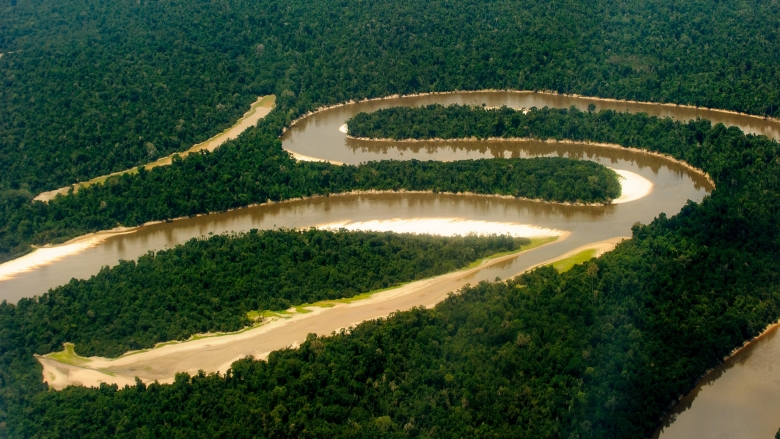ACRE, BRAZIL--Underlina Cavalcante dos Santos is a pineapple producer in Acre, Brazil, earning what she describes as a good, stable livelihood for her family in the community of Bonal.
Pineapple, a short-term cash crop with immediate benefits, is just one piece of this community’s thriving agroforestry system that also includes rubber trees, peach palm and other forest species in the restoration of 11,000 hectares of abandoned pastureland.
Brazil is the second largest pineapple producer in the world, but the producers of Acre say that the investment in agroforestry, which the World Bank has been supporting for many years, is what really drives their future.
“We plant without degrading the Amazon forest,” Cavalcante dos Santos told a group of visitors recently. “Saving the forest is important to us because it also saves livelihoods,” she continued. “Sustaining the forest also sustains the urban areas and gives us better conditions for our families to live.”
Acre is experiencing a renaissance of forests with the attendant benefits for its people. The state has become an emblem of successful deforestation control, restoration of degraded lands, and economic inclusion. In recent years, other Amazon countries have begun to learn from the transformation of Acre.
For example, this past spring, the Global Environment Facility (GEF)-funded Amazon Sustainable Landscapes (ASL) Program organized a knowledge exchange visit to study best practices managing natural resources. Acre holds valuable lessons for governments and businesses on how to reduce deforestation across an entire jurisdiction while increasing sustainable economic development and enhancing quality of life for its population.
Expanding on Acre’s success
The Amazon biome ranges over nine countries, with 60 percent of the rainforest located in northern Brazil. Colombia, Peru and Brazil together contain 83 percent of the Amazon. This largest continuous rainforest is also home to about 33 million people, and it sequesters about 70 billion tons of carbon, benefiting the entire planet.
A series of recently approved GEF Grants to Brazil (USD $60.3 million), Colombia (USD $21 million) and Peru ($27.3 million), are supporting the implementation of strong protected areas and forest restoration activities to enhance livelihoods.


